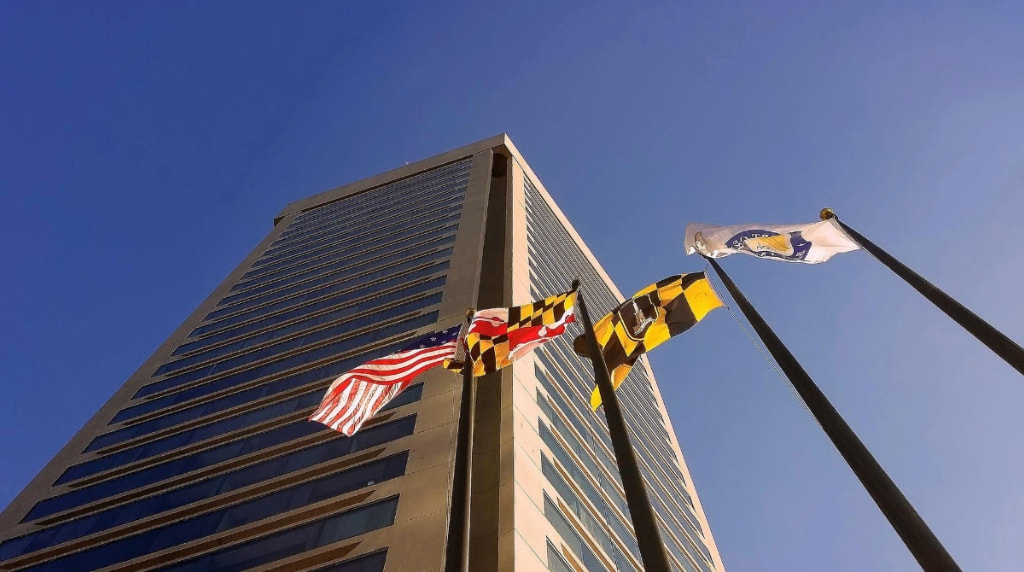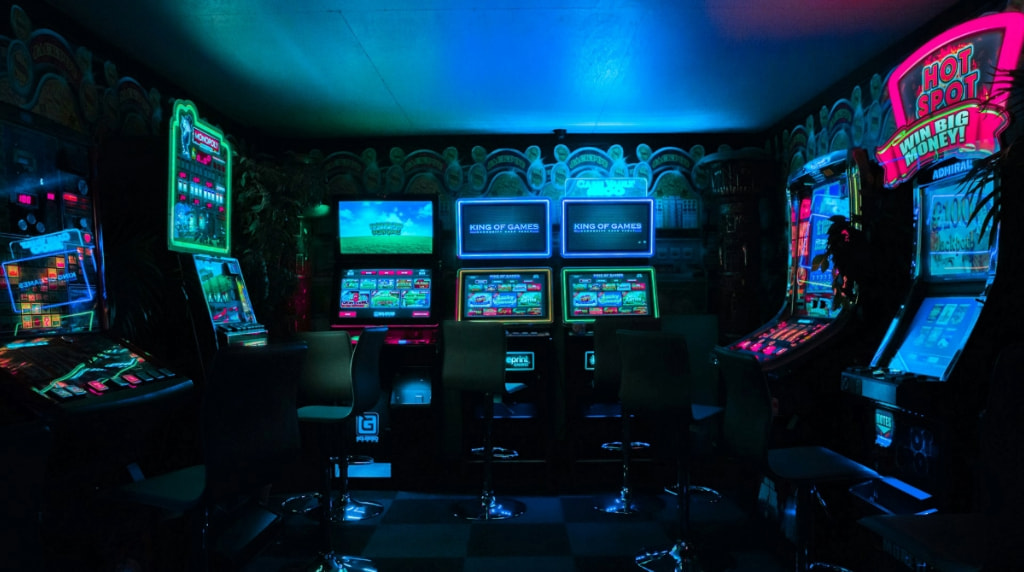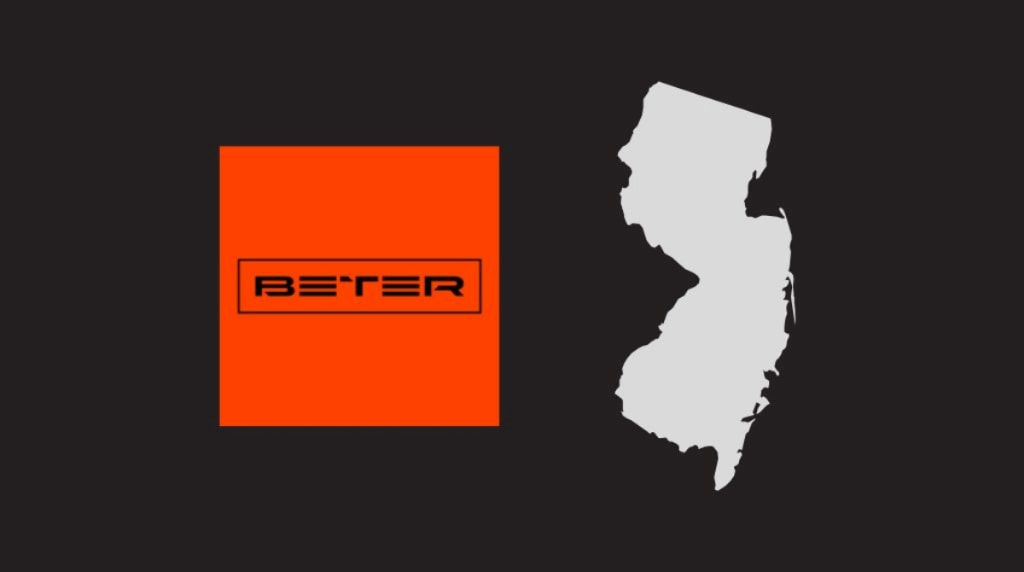Maryland Sweepstakes Casino Bill Fails in State House
The Maryland legislature was unable to pass a new law banning sweepstakes casino this term.

Maryland legislature unable to agree on new sweepstakes casino bill. © BruceEmmerling, Pixabay
Key Facts:
- The Maryland Legislative ends without passage of a new sweepstakes bill
- SB 860 showed early promise but died in the stretch.
- More than a dozen states took a swing at Sweeps casinos this term
- But none have yet been signed into law.
The legislative process can be fickle. While the Maryland Sweeps Bill initially had very strong support in the Senate, passing out of that body unanimously, it was quietly smothered in the House Ways and Means Committee upon arrival.
That is not to say that the Maryland Lottery and Gaming Control Agency has just been sitting idly by. Since January, they have been filing cease and desist letters against sweepstakes casino operators at a feverish pace, first targeting some of the industry’s leading operators . Just after the beginning of the year, they sent cease and desist letters(C&D) to 11 online sweepstakes and offshore casino operators, including McLuck, Stake.Us, Rebet, and Zulu Casino.
VGW, which owns Chumba Casino and Luckyland Slots, had the temerity to testify at a legislative hearing on the legality of sweepstakes casinos in March, and less than 24 hours later, they were served with a C&D telling them to leave the state.
With or without stronger backing and more nuanced laws actually addressing what is illegal and what is not, MLGCA has unilaterally carved out a position that Sweeps operators are unlicensed casinos that have no place competing with thoroughly vetted and taxed Maryland brick-and-mortar and online casinos.
The Commission has no record of VGW being issued a sports wagering license, a casino gaming license, or registration as a fantasy competition operator,– Michael Eaton/MLGCA, Director, C&D Letter
In a brilliant legal move, Maryland has also been asking in their cease and desist letters that companies targeted like VGW or, more recently, High Five Gaming produce records.
They ask for a description of each casino game, sports wager, or fantasy competition, as well as any legal opinion or analysis that would lead them to believe that such a game could be offered in Maryland without a casino license.
This often leaves operators in a lose-lose situation, as refusing to produce records while continuing to operate is bound to draw legislative ire. Pulling up stakes without a responsive reply seems to be admitting guilt.
Still, with the untimely demise of SB 860, the anti-sweeps bill, the MGLCA will need to fight on with one hand tied behind its proverbial back. The bill would have spelled out exactly what was legal and what was not and forced online sweeps operators to apply for casino licensure.
Some sweeps operators have simply ignored C&D letters from states in the past. For instance, while VGW finally left Delaware this past week, they had a C&D filed against them in that state more than two years ago.
Delaware, with a population of barely a million, couldn’t have been that big of a prize to fight over. Maryland, with more than 6 million residents and an estimated 6 billion in unlicensed gambling every year, is a far bigger prize.
However, states like Connecticut have launched a whole new offensive in the past several months, filing the first criminal charges against sweeps operators and singling out High Five Entertainment for their first barrage of criminal complaints. More than 1,000 charges were filed against them in total, each carrying a year in prison and up to a $2,000 fine.
This raises the stakes, if you will, for any online sweeps operator who might decide to try to run out the clock against a C&D order, betting that an extra year or two of revenue might be worth the risk while they negotiate a slow-motion exit from the state. The threat of legal indictment changes that equation significantly.
In Maryland or any of the other states currently attempting to uproot sweeps operators, some clarification and teeth put into existing laws would make regulatory boards’ jobs easier.
But it has been more than apparent in the last couple of months, law or no law, that state gaming regulators have made it clear: the days of looking the other way are over.




